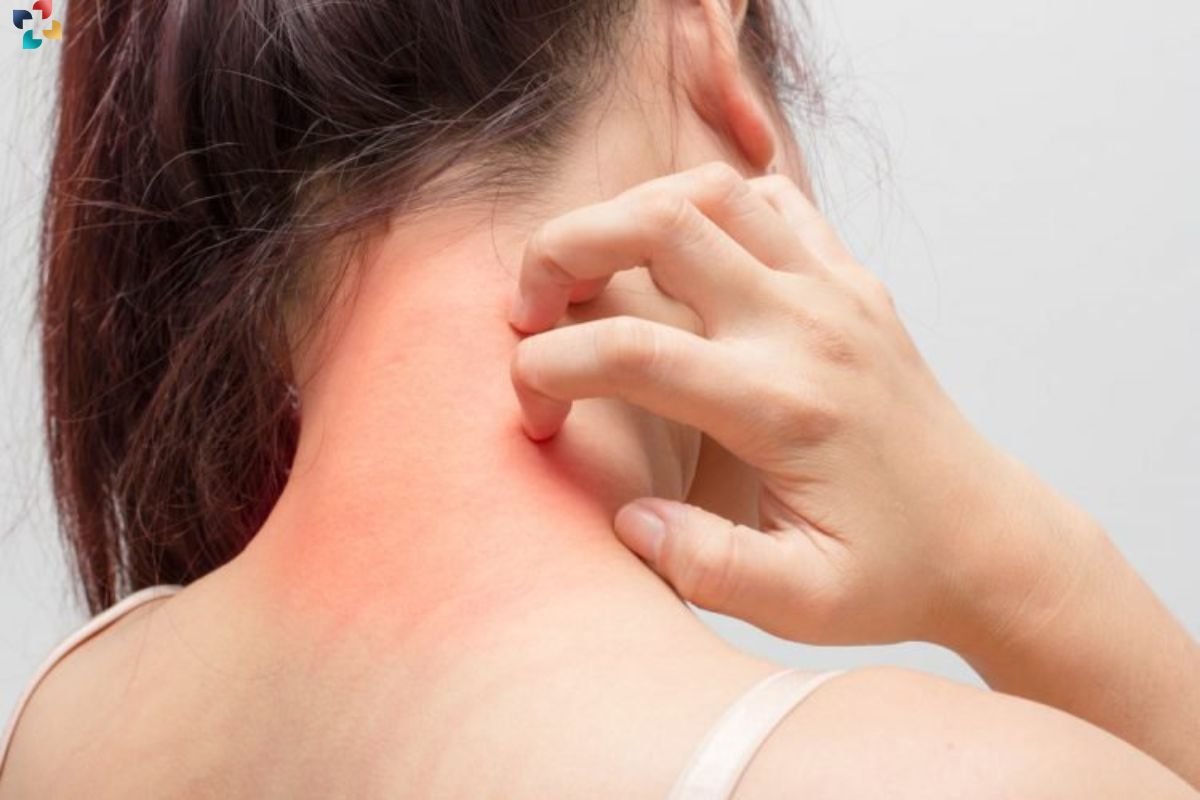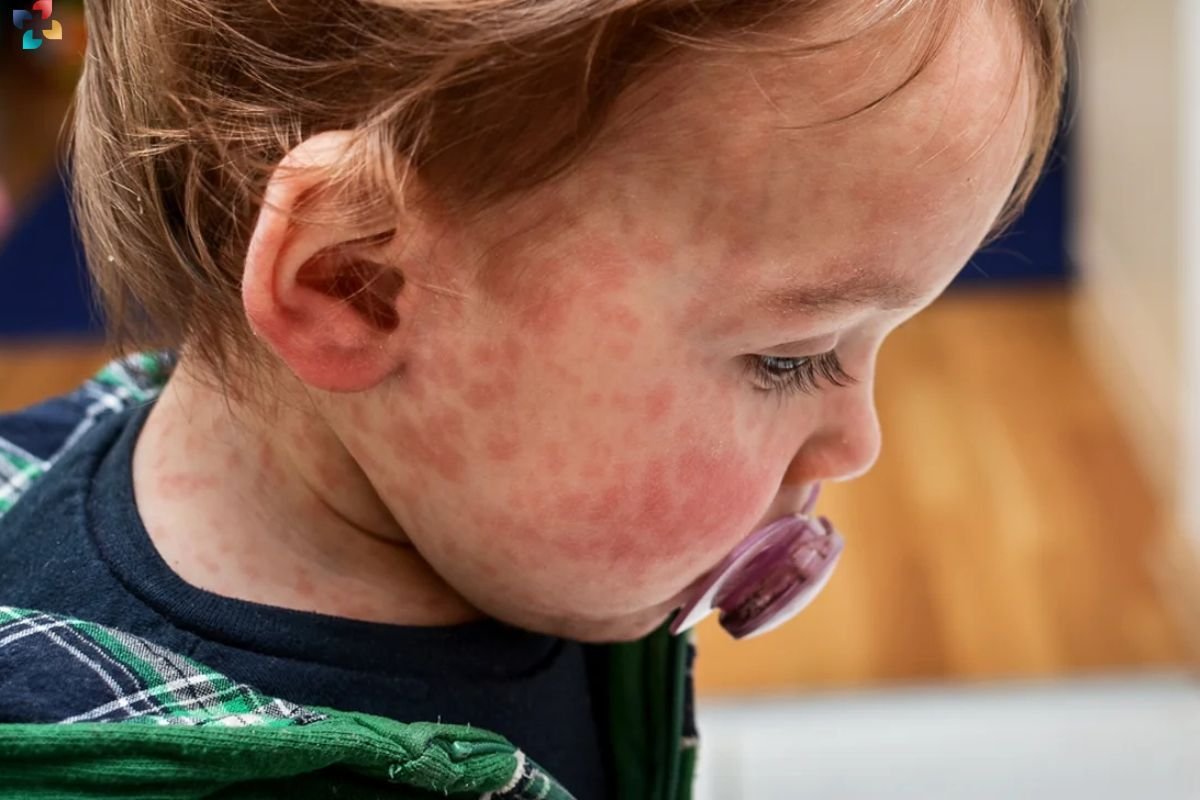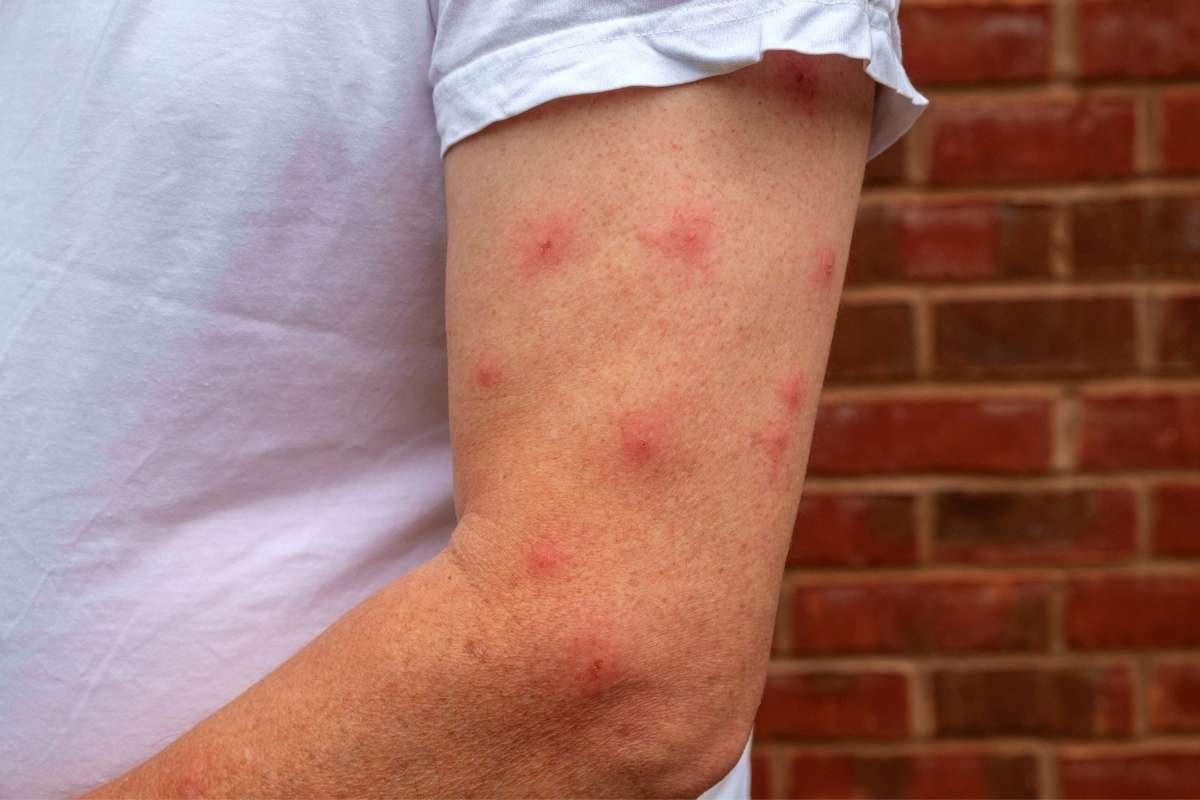Source-Kimmy farm
Cashew allergy is one of the more severe food allergies, affecting both children and adults worldwide. As cashews become increasingly prevalent in various cuisines and processed foods, understanding this allergy becomes critical for those affected and their caregivers. This article explores the causes, symptoms, diagnosis, and management of cashew allergy, offering valuable insights for living safely with this condition.
What is Cashew Allergy?
A cashew allergy occurs when the immune system mistakenly identifies proteins in cashews as harmful substances. In response, the body releases histamines and other chemicals, leading to allergic reactions that can range from mild to life-threatening. This type of allergy is a subset of tree nut allergies, which also include almonds, walnuts, pecans, and more.
Causes of Cashew Allergy
1. Immune System Response
Cashew allergy is caused by the immune system’s hypersensitivity to certain proteins found in cashews. When an individual with this allergy consumes cashews, their immune system releases antibodies called Immunoglobulin E (IgE). These antibodies trigger the release of histamines, causing the symptoms associated with allergic reactions.
2. Genetic Predisposition
Genetics plays a significant role in the development of cashew allergy. Individuals with a family history of allergies, particularly food allergies, hay fever, asthma, or eczema, are at a higher risk of developing a cashew allergy.
3. Cross-Reactivity
Cross-reactivity occurs when the proteins in cashews resemble those in other allergens, such as pistachios or certain fruits. This can cause individuals who are allergic to one type of food to react to another. Cross-reactivity between cashews and pistachios is particularly common due to their similar protein structures.
Symptoms of Cashew Allergy

The symptoms of a cashew allergy can vary widely in severity and can occur within minutes to a few hours after ingestion.
1. Mild to Moderate Symptoms
- Skin Reactions: Hives, eczema, and itching.
- Gastrointestinal Issues: Nausea, vomiting, abdominal pain, and diarrhea.
- Respiratory Symptoms: Runny or stuffy nose, sneezing, coughing, and wheezing.
Severe Symptoms: Anaphylaxis
Anaphylaxis is a severe, life-threatening allergic reaction that requires immediate medical attention. Symptoms of anaphylaxis include:
- Swelling: Particularly of the face, lips, tongue, and throat, leading to difficulty breathing.
- Cardiovascular Symptoms: Rapid or weak pulse, drop in blood pressure, and dizziness or fainting.
- Respiratory Distress: Severe shortness of breath, wheezing, and difficulty breathing.
- Gastrointestinal Symptoms: Severe cramping and diarrhea.
Diagnosing Cashew Allergy
1. Medical History and Physical Examination
A thorough medical history and physical examination by an allergist are the first steps in diagnosing a cashew allergy. The allergist will inquire about the patient’s symptoms, their onset, and any potential triggers.
2. Skin Prick Test
In a skin prick test, a small amount of cashew extract is placed on the skin, usually on the forearm or back. The skin is then lightly pricked with a needle. If a red, itchy bump develops at the site within 15-20 minutes, it indicates an allergic reaction.
3. Blood Tests
Blood tests, such as the ImmunoCAP test, measure the level of IgE antibodies specific to cashew proteins. Elevated IgE levels suggest an allergy.
4. Oral Food Challenge
An oral food challenge is considered the gold standard for diagnosing food allergies. Under medical supervision, the patient consumes small, increasing amounts of cashew while being closely monitored for any allergic reactions. This test is only conducted if the risk of a severe reaction is deemed low.
Managing Cashew Allergy

1. Avoidance
The primary strategy for managing a cashew allergy is strict avoidance of cashews and foods containing cashews. This includes:
- Reading Labels: Carefully checking ingredient lists on packaged foods.
- Cross-Contamination: Being cautious about cross-contamination in kitchens and food processing facilities.
- Dining Out: Informing restaurant staff about the allergy to avoid accidental exposure.
2. Emergency Action Plan
Individuals with a cashew allergy should have an emergency action plan in place. This plan includes:
- Epinephrine Auto-Injector: Carrying an epinephrine auto-injector (e.g., EpiPen) at all times and knowing how to use it.
- Antihistamines: Using antihistamines to manage mild symptoms.
- Medical Identification: Wearing a medical alert bracelet or necklace that identifies the allergy.
- Emergency Contacts: Keeping a list of emergency contacts and instructions for seeking immediate medical help.
3. Educating Others
Educating family, friends, coworkers, and caregivers about the cashew allergy is crucial for preventing accidental exposure. Awareness and understanding among those around the allergic individual can help ensure a safe environment.
Preventing Cashew Allergy in Children

1. Early Introduction
Recent studies suggest that early introduction of allergenic foods, including cashews, may reduce the risk of developing food allergies. Parents should consult with their child’s pediatrician or an allergist before introducing cashews, especially if the child has a family history of allergies.
2. Allergen Avoidance in Infancy
For infants at high risk of allergies, some experts recommend exclusive breastfeeding for the first six months and delaying the introduction of highly allergenic foods. However, this approach should be tailored to individual cases and discussed with a healthcare provider.
Living with Cashew Allergy
1. Dietary Adjustments
Living with a cashew allergy often requires making significant dietary adjustments. This includes finding suitable alternatives and substitutes for cashew-containing products. Many recipes can be adapted using seeds or other nuts, such as almonds or sunflower seeds, which are generally well-tolerated by those with cashew allergies.
2. Support and Resources
Support groups and resources can provide valuable information and emotional support for individuals with cashew allergies and their families. Organizations such as the Food Allergy Research & Education (FARE) offer resources, advocacy, and support networks for those affected by food allergies.
3. Travel Precautions
Traveling with a cashew allergy requires careful planning:
- Research: Investigate the cuisine and food labeling standards of the destination.
- Language Barriers: Learn how to communicate the allergy in the local language.
- Emergency Plan: Have a plan in place for accessing medical care in case of an allergic reaction.
Advances in Allergy Research and Treatment
1. Immunotherapy
Research is ongoing into immunotherapy for food allergies, including cashew allergy. Oral immunotherapy (OIT) involves administering gradually increasing amounts of the allergen to build tolerance. While promising, this treatment is still in the experimental stages for cashew allergy and should only be conducted under medical supervision.
2. Biologic Therapies
Biologic therapies, such as monoclonal antibodies targeting specific components of the immune response, are being investigated as potential treatments for severe food allergies. These therapies aim to reduce the severity of allergic reactions and improve the quality of life for individuals with food allergies.
3. Allergen-Free Foods
Advances in food technology are leading to the development of allergen-free versions of common foods. These products provide safe alternatives for individuals with cashew allergies, allowing them to enjoy a wider variety of foods without risk.
Conclusion
A cashew allergy is a serious condition that requires vigilant management and lifestyle adjustments. By understanding the causes, recognizing the symptoms, and implementing effective management strategies, individuals with cashew allergies can lead safe and fulfilling lives. Advances in research and treatment continue to offer hope for better management and potential cures in the future. Through education, awareness, and careful planning, the risks associated with cashew allergies can be significantly minimized, allowing those affected to navigate their daily lives with confidence and security.

How to Tell If It’s a Food Allergy or Intolerance Causing Your Symptoms?
Often some confusion in regard to food is caused whenever some health issues persist. A lot of times your immune system reacts in different ways to the food you eat.









